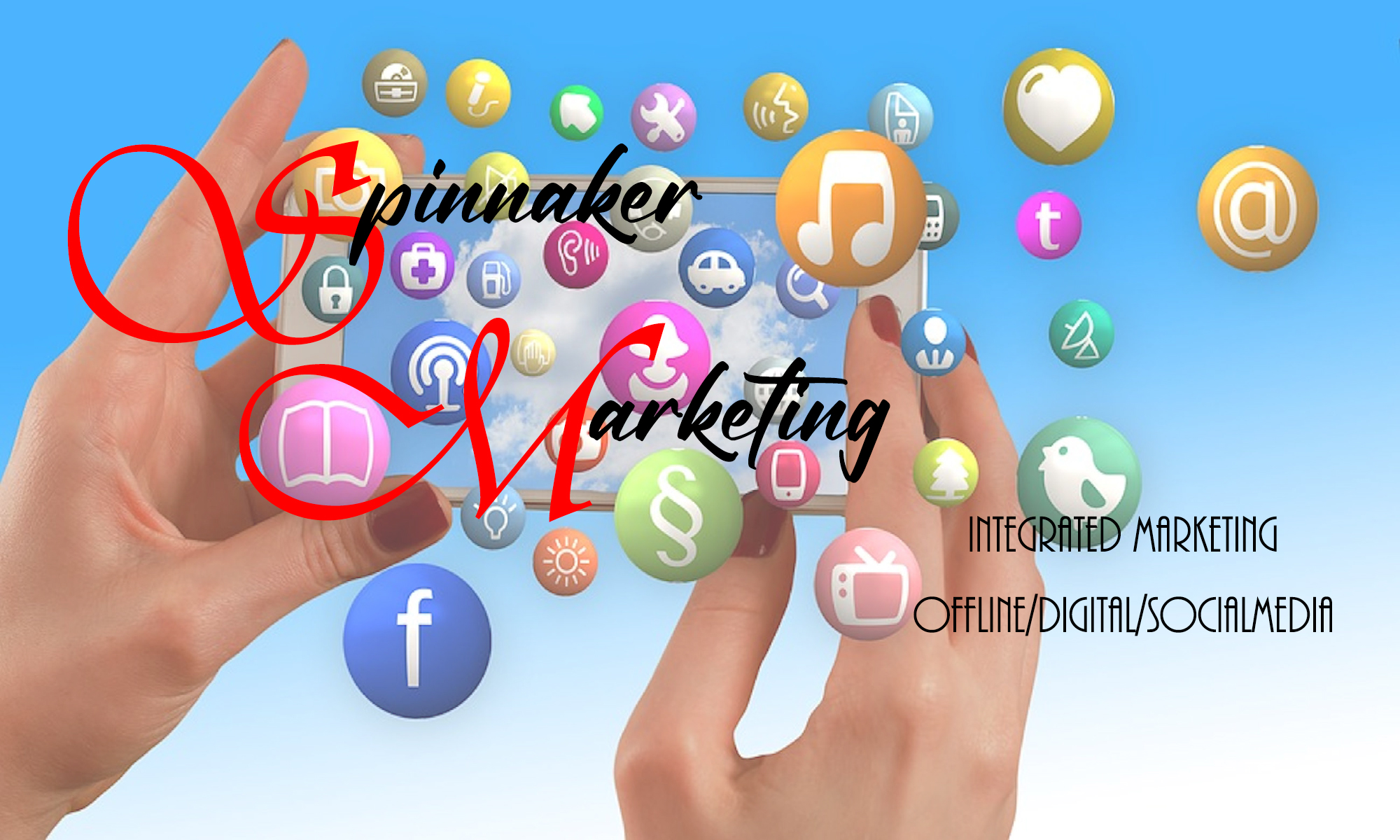FLAWSOME definition:
Consumers don’t expect brands to be flawless. In fact, consumers will embrace brands that are FLAWSOME*: brands that are still brilliant despite having flaws; even being flawed (and being open about it) can be awesome. Brands that show some empathy, generosity, humility, flexibility, maturity, humor, and (dare we say it) some character and humanity.
Two key drivers are fueling the FLAWSOME trend:
- HUMAN BRANDS: Everything from disgust at business to the influence of online culture (with its honesty and immediacy), is driving consumers away from bland, boring brands in favor of brands with some personality.
- TRANSPARENCY TRIUMPH: Consumers are benefiting from almost total and utter transparency (and thus are finding out about flaws anyway), as a result of the torrent of readily available reviews, leaks and ratings.
HUMAN BRANDS
FLAWSOME sits as part of a bigger trend towards HUMAN BRANDS, something that we’ve touched upon in many previous Trend Briefings: RANDOM ACTS OF KINDNESS, BRAND BUTLERS, GENERATION G, and so on.
So, while HUMAN BRANDS might not be a ‘new’ theme, four currents are now converging to make consumers more focused on brand attitude and behavior than ever before:
“human nature dictates that people have a hard time genuinely connecting with, being close to, or really trusting other humans who (pretend to) have no weaknesses, flaws, or mistakes”
- Consumers’ disillusionment at corporate behavior has (finally) spilled over into outright disgust. As a result, any brand that can show business in a new light will be (deservedly) welcomed with open arms.
- Nearly 85% of consumers worldwide expect companies to become actively involved in promoting individual and collective wellbeing; an increase of 15% from 2010 (Source: Havas Media, November 2011).
- Yet only 28% of people think that companies are working hard to solve the big social and environmental challenges (Source: Havas Media, November 2011).
- Consumers are more and more aware that personality and profit can be compatible (think Zappos, Patagonia, Tom’s, Ben & Jerry’s, Michel et Augustin, Zalando and more). With every business that succeeds while remaining reasonable, helpful, fun or even somewhat ‘human’, consumers will become increasingly disenchanted when dealing with traditional, boring, impersonal brands.
- Most people would not care if 70% of brands ceased to exist (Source: Havas Media, November 2011).
- Online culture is the culture, and inflexible, bland ‘corporate’ façades jar with consumers who live online where communication is immediate, open and raw (also see MATURIALISM). What’s more, people openly broadcast and share their lives online – flaws and all – and thus brands are increasingly expected to do the same.
- Last but not least: human nature dictates that people have a hard time genuinely connecting with, being close to, or really trusting other humans who (pretend to) have no weaknesses, flaws, or mistakes – don’t assume brands are any different.
Read more
